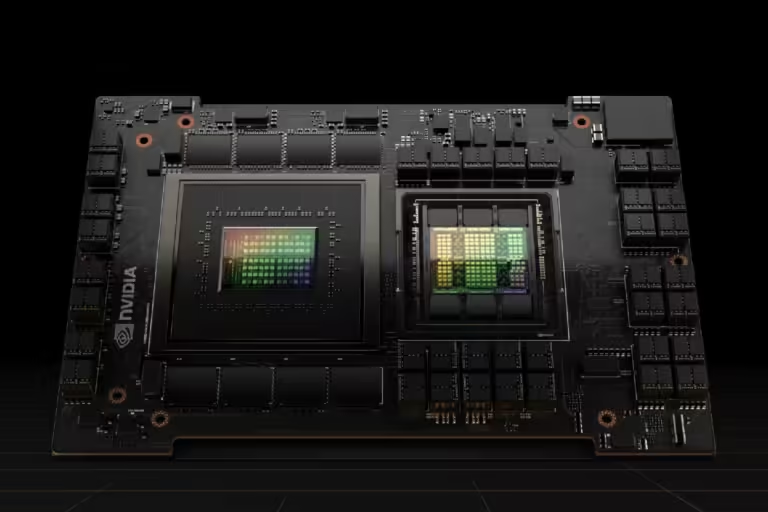
Microsoft Expands Healthcare AI with Cutting-edge Imaging Models on Azure
Microsoft strengthens its healthcare commitment with new AI products and advanced multi-modal medical imaging models on Azure AI.
Because of its huge success and important contribution to artificial intelligence, Microsoft announced today that it will be releasing many new AI products to strengthen its commitment to the healthcare sector.
The company has invested a lot of time and money into research and development with healthcare foundation models, which will pay off in these new products. The Azure AI platform now features a set of multi-modal medical imaging foundation models, which is the most significant news of the day.
These models will allow healthcare organizations to customize and build curated AI solutions that improve patient care and healthcare offerings. The suite features numerous imaging models that facilitate the sorting, labeling and analysis of various medical image types.
One model like this is CXRReportGen, which will automatically make an initial report based on a chest x-ray for a doctor to review and add to. Despite the need for human verification and addition, these tools significantly enhance radiologists’ productivity and speed.
Microsoft also said that its Fabric platform now offers healthcare data solutions to everyone. These solutions give organizations the tools they need to collect, sort, and understand healthcare data from a wide range of sources.
One of the biggest problems in healthcare is that interoperability is still very new. Since there are many data stores and sources, they don’t always communicate. This makes interoperability less useful and makes it harder to learn from long-term data.
The work that Microsoft is doing aims to solve this problem by giving users a way to access data from different platforms and use it in a way that makes sense.
The company has invested heavily in AI, enabling highly customized use cases. One of the things Microsoft announced today is the public preview launch of a healthcare service agent that will work with the company’s Copilot platform.
With this tool, businesses can create their own personal assistants or agents to assist them with a variety of tasks, ranging from assisting customers within and outside the company to resolving issues and organizing data.
Microsoft Enhances Service Agent Toolkit for Safer
Microsoft has made the service agent toolkit even better for use in healthcare settings by adding safer features and smarter algorithms that are specific to healthcare.
As you might expect, Microsoft’s huge success in this area is not without competition. As if there were a fierce battle between tech giants, Google has also made big steps forward in this area.
Healthcare organizations are very interested in the company’s work with MedPaLM, a large language model designed specifically for healthcare use cases. Amazon’s AWS has also made great strides in this area, offering strong generative AI through foundation models to help with medical imaging, drug development, and back-office tasks.
Without a doubt, the field has grown and become successful very quickly. Despite the progress, both innovators and tech experts must exercise caution, as these AI tools are becoming inseparable from the healthcare system.
First and foremost, we must prioritize patient safety and avoid blindly relying on these systems. Also, because healthcare data is naturally vulnerable, developers need to keep patient privacy and security at the top of their minds.
Despite this, if the strictest standards and regulations are in place during their creation, technologies like these hold great promise for a better future in healthcare delivery.


